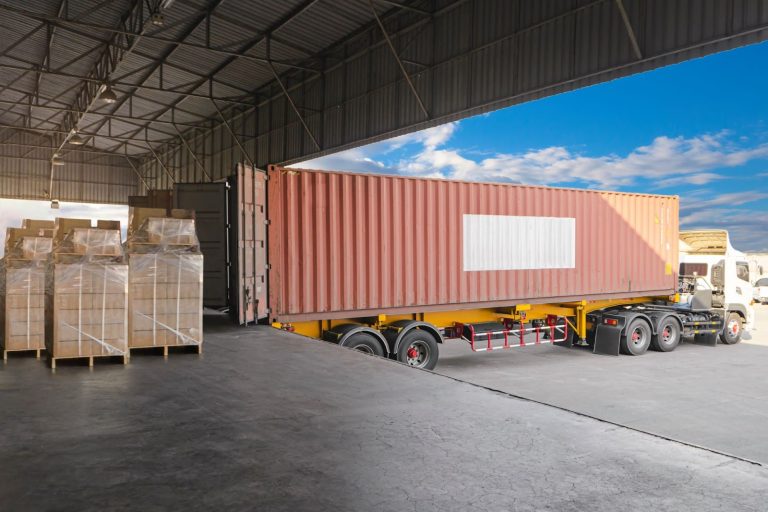Achieving energy efficiency in logistics involves several key elements that matter a lot more than you might think, including:
When it comes to maximizing efficiencies in logistics, sometimes it’s the little things that matter most.
Loading Trucks for Energy Efficiency in Logistics
When maximizing energy efficiency in logistics, a great starting point is to examine what kind of pallets are you using. Did you know that switching from wood to plastic could increase your margins by a factor of five?
It’s true: plastic pallets last about five times longer than wood, plus they’re 20 lbs lighter per pallet. If a typical truckload contains 40 pallets, that’s 800 lbs in weight savings. Sometimes it’s the little things that matter.
But there are other ways to gain energy efficiency in logistics, and some of them come down to the packaging you use. The lighter, the better — to a point.
Can you remember a few years ago when the average bottle of water felt substantial and had the kind of cap you could actually open without a set of pliers? Then you know how purveyors of bottled water have played the game to their advantage by reducing the weight of their packaging.
Now the average bottle of water feels about one grade above a water balloon. You can bet these weight savings were thoroughly researched, and further, that they scale very nicely.
It’s the little things.
Dock Operations

Once a truck bumps the dock, you have as much of a vested interest in getting it loaded quickly as does its driver. Drivers are famously antsy because unless the wheels are rolling, they’re not making any money — and some loading dock environments are more efficient than others.
You can make gains in energy efficiency in logistics by integrating technologies like Radio Frequency Identification (RFID) tags that help forklift operators locate and load pallets in the proper order.
But you can make just as many gains in efficiency by ensuring forklift traffic is managed well. If your dock has the space to allow each load to be pre-staged before loading, your operators won’t be running all over the warehouse at top speed searching for their next pallet.
There’s a safety bonus in managing forklift traffic well, too. Energy efficiency in logistics can help keep your people safe while making gains.
Time Management

You can gain a lot of efficiency by managing your supply chain well. One of the ways you can improve this system is by auditing your upstream suppliers on a regular basis. How do they run their business? Are they interested in being a good partner to you? Decide whether they are a benefit or a drag.
Your operation can make major gains regarding energy efficiency in logistics by optimizing your drivers’ routes. Some of the changes will need to come through training, but others can come through communication and simple monitoring.
Another way to up the ante on energy efficiency in logistics is through inventory and shipment tracking. Tracking is probably best done through RFID technology, which can tell you where your shipment is and how long it has been sitting in backstock — or, if it’s perishable, whose fault it was that the load didn’t make it on time and in temp.
Energy Efficiency in Logistics: Fuel
Truck and trailer manufacturers have taken radical steps to make their vehicles more efficient in recent years, and that’s not just in terms of all of the aerodynamic considerations they’ve added to their equipment. Powertrains are more efficient, tires are better, and routing is more obsessive than ever about the details.
Many of the gains you’ll make in fuel efficiency will come from how many miles you’ve managed to save by routing smartly. There could be gains in a two-stop or three-stop run that are there for the taking if you think about it a little creatively.
For assistance with your loading operations and much more, contact R2 Logistics. We’ll help you find the efficiencies that allow your business to succeed.
